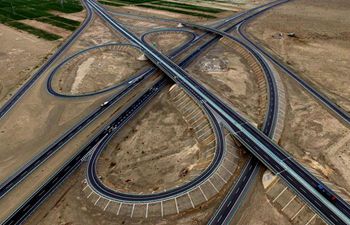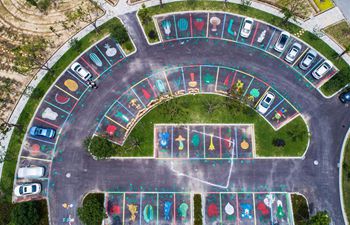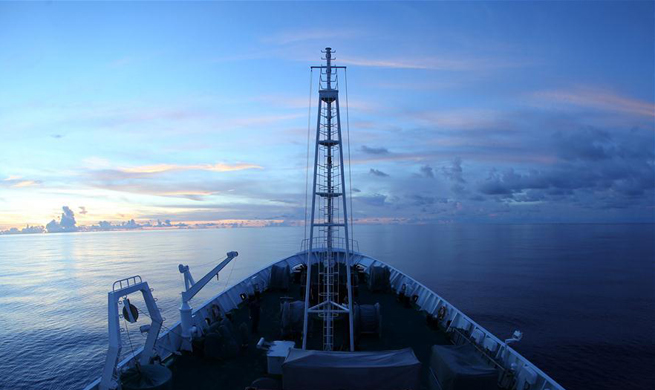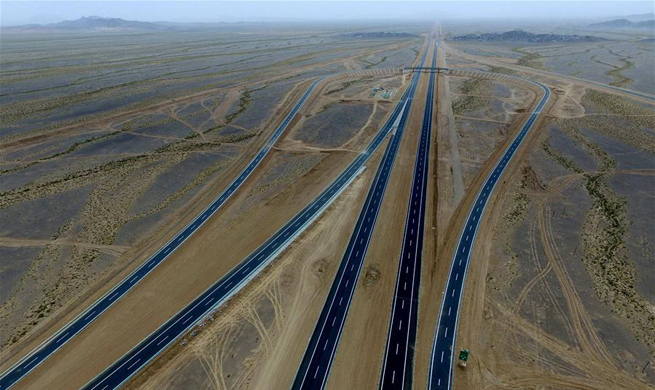DUBAI, June 19 (Xinhua) -- U.S. rating agency Standard and Poor's (S&P) said here on Monday that although the issuance of sukuk, a type of Islamic bond, increased by 37.7 percent in the first six months of this year, this trend is "unlikely" to be repeated in 2018.
S&P primary credit analyst Mohamed Damak said the first half of 2017 has seen "jumbo issuances by some Gulf Cooperation Council (GCC) governments."
He added that the 37.7 percent rebound in the first six months, "is likely to be the exception rather than a new norm. The large transactions in the first half of 2017 are unlikely to be repeated in 2018, in our view." The six GCC countries are Saudi Arabia, Kuwait, Bahrain, Qatar, United Arab Emirates and Oman.
Earlier in April this year, Saudi Arabia launched its first sukuk ever, raising 9 billion U.S. dollars in order to cushion the decline in revenues after the slump in the oil price generated a 402 billion Saudi riyal (107.19 billion dollars) budget deficit.
S&P expects that total issuance will be around 75 billion-80 billion dollars in 2017, "up from our previous expectations of 60 billion-65 billion dollars," said Damak. "Governments are not under pressure to raise funds quickly and want to diversify their investor base, regional and global liquidity remains good," the Islamic finance expert explained.
Another obstacle for an ongoing boost in global sukuk issuances is, according to Damak, "the relatively complex process for issuing sukuk. This continues to deter some issuers."
Unlike conventional bonds, Sukuk dose not pay interest, but they must be based on a tangible asset (such as a commodity or real estate) and they have to be certified "halal" (Arabic for pure) by a board of qualified Sharia scholars. Periodic payments of commodity sales or rent incomes replace instead of an interest-based coupon are distributed to the sukuk investors.
However, Damak added, "we note that some progress has recently been made by the Islamic finance industry standard-setting bodies."
Because the International Monetary Fund (IMF) expects oil prices to remain at 55 dollars per barrel (159 liter) on average in 2017 and 2018 (which is not sufficient for most GCC states to generate budget surpluses), Damal said "We estimate GCC governments' financing needs at around 275 billion dollars between 2017 and 2019, about 50 percent of which will be debt-financed, through a combination of bonds and sukuk."
Earlier in the year, IMF Director for the Middle East and Central Asia Jihad Azour said "the sukuk market is still less liquid than the conventional bond market. But sukuk can help to diversify the sources of financing for the GCC states."

















